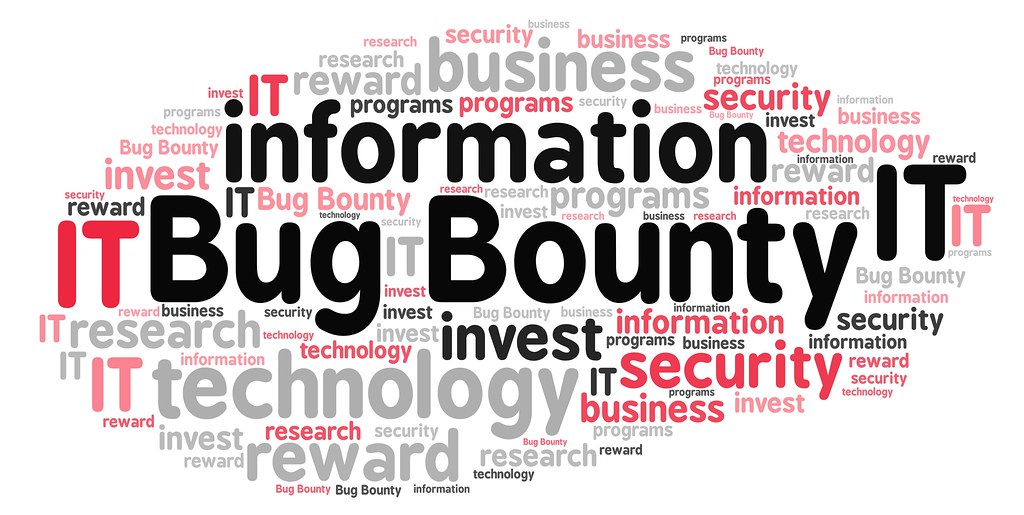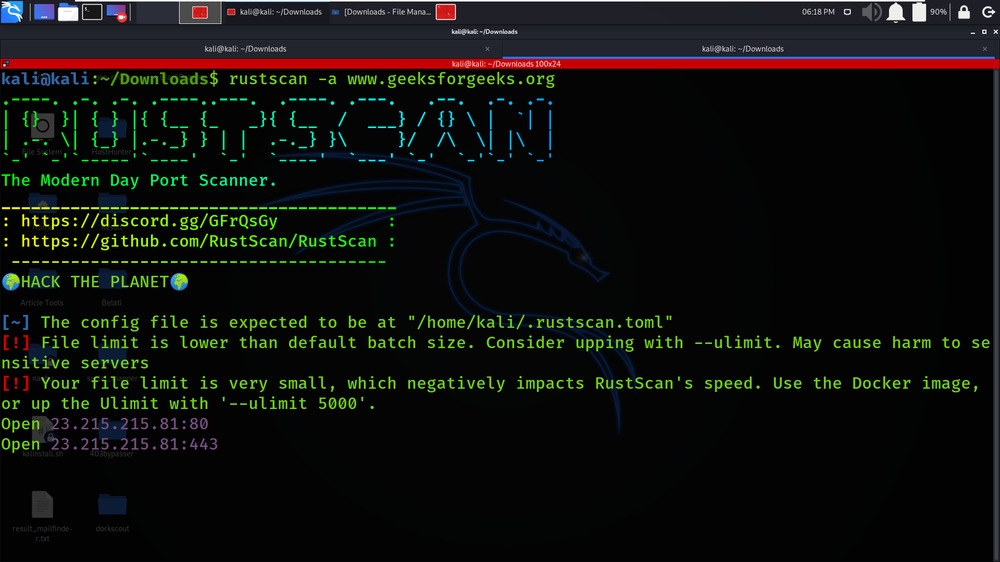The retail sector is heavily dependent on APIs to provide seamless customer experiences and data-driven insights. However, if API security is disregarded, these gateways could likewise turn into vulnerabilities. This blog post explores the vital tactics that retailers should implement to strengthen their cloud environments and protect sensitive information, customer confidence, and brand image.
Understanding the Retail Cloud and API Environment:
What are APIs ? Through their intermediary role, APIs allow different software applications and cloud services to communicate with one another. They support inventory management, payment processing, data synchronization, and other aspects of retail, resulting in a seamless consumer journey.
Why is API security so important? Sensitive data, including financial transactions, operational details, and client information, is vulnerable to attackers due to unsecure APIs.
Building a Robust API Security :
1. Comprehensive API Inventory and Discovery:
- Acquire complete insight into all APIs in your cloud ecosystem, encompassing integrations with partners, internal systems, and third parties.
- Evaluate their usage patterns on a regular basis and look for potential vulnerabilities in any unapproved or dormant APIs.
2. Granular Authentication and Authorization:
- Add more levels of security against unwanted access by implementing multi-factor authentication (MFA) for strong user verification.
- To give users the least amount of permission required for their particular responsibilities and data access requirements, utilize role-based access control, or RBAC.
- To avoid unsanctioned API calls, take into consideration rotating API keys on a regular basis with granular permissions.
3. Encryption for Data Confidentiality:
- Use industry-standard encryption techniques (such as AES-256) to safeguard data both in transit and at rest from prying eyes, even in the event that it is intercepted.
- Strict key management procedures should be put in place, with access restricted to authorized staff and secure key storage options.
- For additional security, think about tokenizing sensitive data and replacing it with non-sensitive representations.
4. Throttling and Rate Limiting:
- Limit the amount of queries an API can receive from a user or within a given time period to protect against DDoS attacks and malicious traffic spikes.
- Use dynamic throttling to modify rate limitations in response to actual API demand in real time, guaranteeing peak performance.
- Web application firewall (WAF) solutions are a good option if you want extra defense against popular attack vectors.
5. Continuous Monitoring and Logging:
- To identify anomalous API activity, such as traffic spikes, unwanted access attempts, or strange behavior patterns, set up real-time monitoring.
- Keep thorough logs that record every interaction with the API, including timestamps, user identities, and activities taken.
- Use these logs for forensic analysis, event investigation, and finding any security holes.
6. API Security Testing and Vulnerability Management:
- To identify API vulnerabilities and replicate real-world assaults, conduct regular penetration testing, also known as pentesting.
- To keep ahead of emerging threats, rapidly patch vulnerabilities that have been found and apply security upgrades.
- To expedite vulnerability remediation procedures and automate vulnerability identification, make use of API security tools and scanners.
7. Building a Culture of Security Awareness:
- Employees should receive training on best practices for API security and the value of safeguarding sensitive data.
- Encourage a shared responsibility culture in which following security procedures is the duty of all.
- Review and update security policies frequently to take into account new risks and best practices from the industry.
Conclusion:
Retail businesses may turn their cloud infrastructures from weak forts into invincible strongholds by giving API security first priority. Retailers can protect their data, brands, and customer trust by adopting a multi-layered strategy and cultivating a security-aware culture. This will ensure a prosperous future in the ever-changing retail environment.






